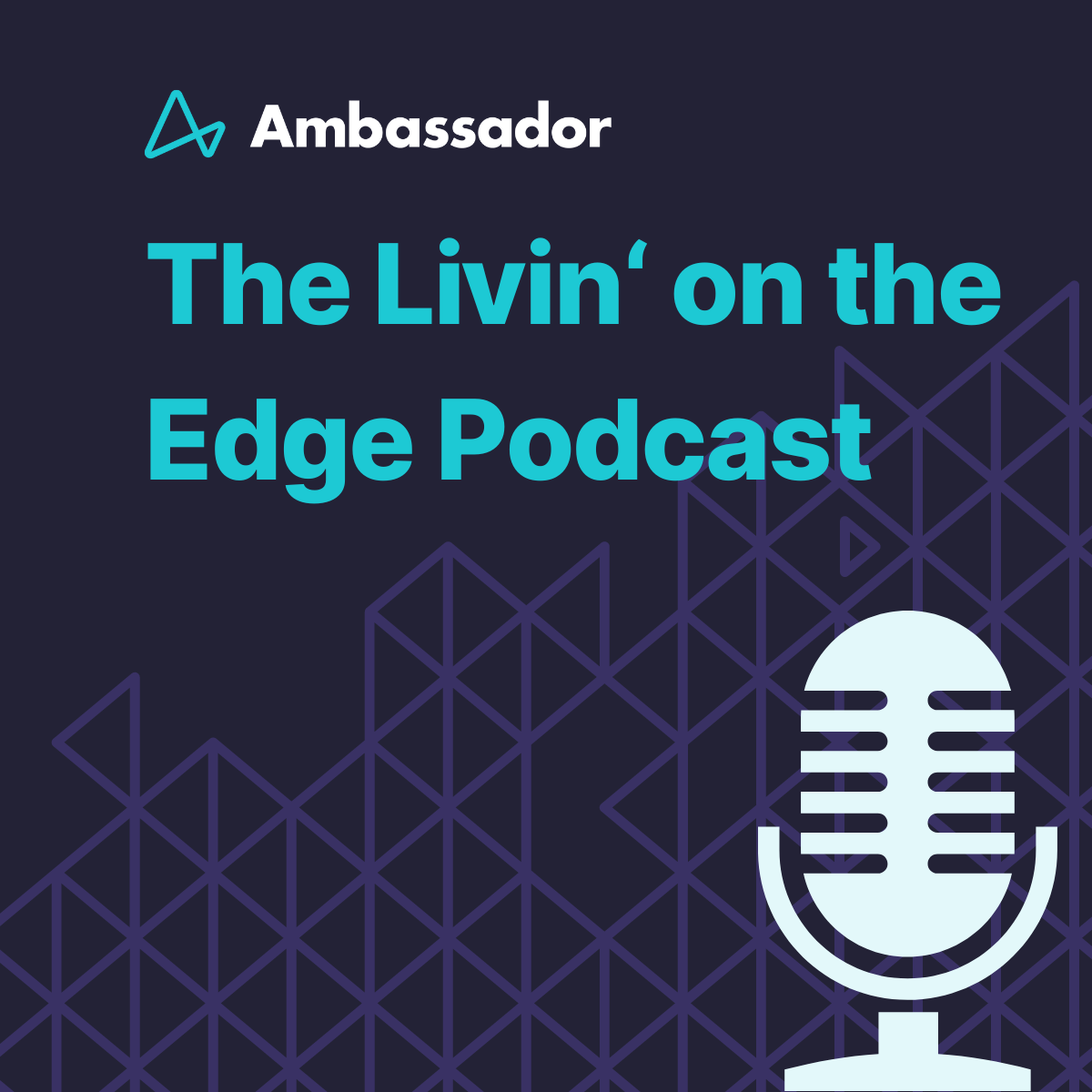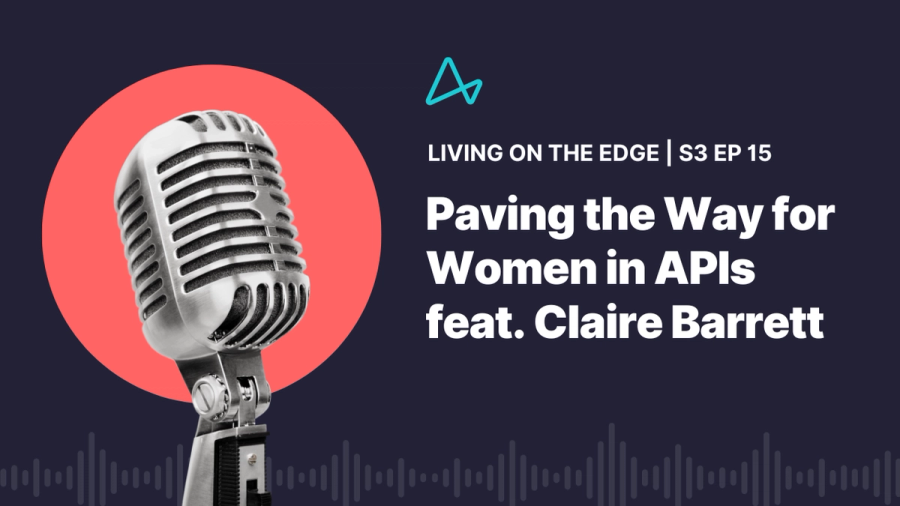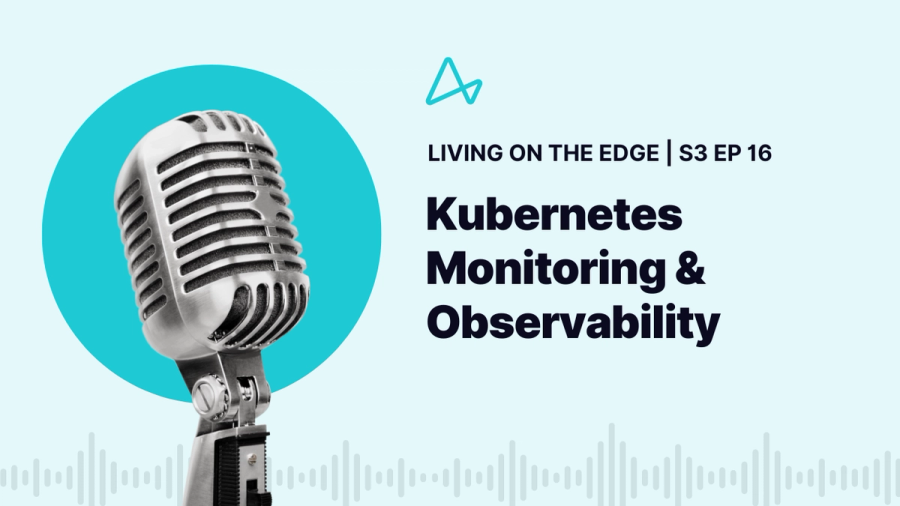
PODCAST
Developer Control Planes: A CTO's Point of View
Several themes and insights emerged from the conversation: Platforms are evolving: While Kubernetes has emerged as a kind of standard, providing more granular control and enhancing the ability to curate different platform experiences for different types of teams, it isn't entirely accurate to say that the platform question is settled. Kubernetes may be the platform around which focus has converged because of its fluidity and flexibility, letting you do just about anything. But more broadly, platforms continue to evolve, in large part because there are so many different ways to accomplish the many tasks that make up cloud-native development. On one hand, more mature companies may be happy with the Kubernetes setup. Many others, though, want a more curated, structured and opinionated path, with tools sitting on top of Kubernetes.









